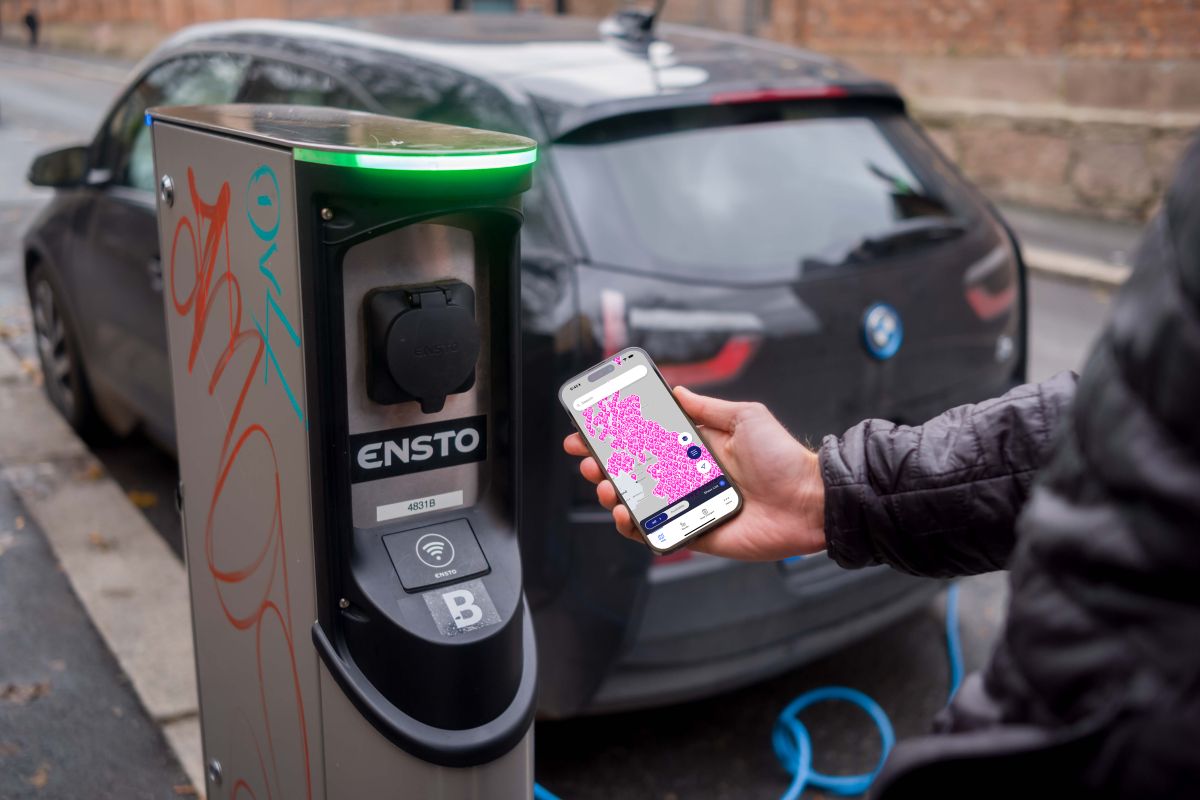TL;DR
David Watts from Volkswagen Financial Services discusses the evolution of electric vehicle (EV) fleets, emphasizing their benefits, challenges, and the importance of sustainability for businesses. The shift towards electrification is influenced by factors like total cost of ownership and evolving charging infrastructure. While the transition is gaining momentum, complexities remain, particularly for large vans.
- Chris Sass and Niall Riddell from Paua, talk to David Watts a Fleet Product Manager for Electric Vehicles at Volkswagen Financial Services. They discuss the electric fleet evolution and corporate EV strategies.
- Link in blog to full episode
The electric fleet evolution
There are different types of fleet vehicles - those given as part of a benefits policy and those provided to engineers and technicians.
According to David, the transition to electric vehicles is less suited to van fleets than choice-based company car fleets.
There are factors influencing the adoption of electric vehicles in businesses, such as total cost of ownership and tax benefits.
David is also keen to highlight the challenges and complexities of electrifying commercial vehicles, including range limitations and difficulties with charging infrastructure. Despite some businesses being hesitant, David notes that the attitude towards electric vehicles has generally become more positive, especially for company cars.
Electrifying large vans and the impact of battery size on payloads
There are challenges of electrifying large vans and battery size impacts on payload.
It is also necessary to compare electric and hydrogen fuel cell technology.
The focus is currently on electric vans, although some experimentation with hydrogen vehicles is happening. The hope is that as battery technology improves, the range and payload issues will be resolved.
Subsidies and incentives also play a role in encouraging the transition to electric vehicles. There is a disparity in pricing between home charging and public charging, with home charging being more cost-effective.
Pricing and social discrimination around electrification
There is a campaign in the UK to tackle pricing discrimination and social discrimination around electrification. The government could alleviate the problem by addressing the VAT on public charging.
Fleet operators are struggling with the transition to electric vans and need to break it down into manageable chunks. Utility sector and back-to-base fleets are more suited to electric vehicles due to easier charging infrastructure. The decision to transition to electric vehicles is driven by the need to be seen as sustainable, economic factors, and legislation.
Sustainability is increasingly important for businesses to demonstrate environmental credentials. Businesses are increasingly turning to electric vehicles as part of their fleet. The proportion of EVs being purchased by businesses is significantly higher than in previous years, especially due to the impact of the pandemic on the retail market for electric cars.
EVs are being seen as a cost-effective and sustainable alternative to traditional petrol or diesel vehicles. It is anticipated that the volume of EVs in the used car market will increase as more businesses adopt them, leading to potential changes in the market dynamics for both new and used vehicles.
The maintenance costs of EVs are generally more stable compared to diesel vehicles, which could influence businesses to keep their EVs in their fleet for a longer period, potentially affecting the used van market. While there is growing interest in EVs by businesses, there are currently no mandates at the city level in the UK requiring zero-emission vehicles for fleets or vans. However, the concept of clean air zones is being explored in certain towns and cities to improve air quality.
Clean air zones - the impact of retail buyers and small businesses
In terms of clean air zones and the impact on retail buyers and small businesses with older vehicles, there is currently only a genuine zero emission zone in the centre of Oxford.
The transition from clean air zones to zero emission zones is a significant step that would be difficult to implement on a large scale. The future of EVs includes the normalisation of driving EVs, autonomous technology, and advancements in battery chemistry and technology. However, it will take time for EVs to become the majority of new cars and for the transition to be cost-effective and affordable for all.
Full Epiosde of Insiders Guide to Energy EV Series can be found here





